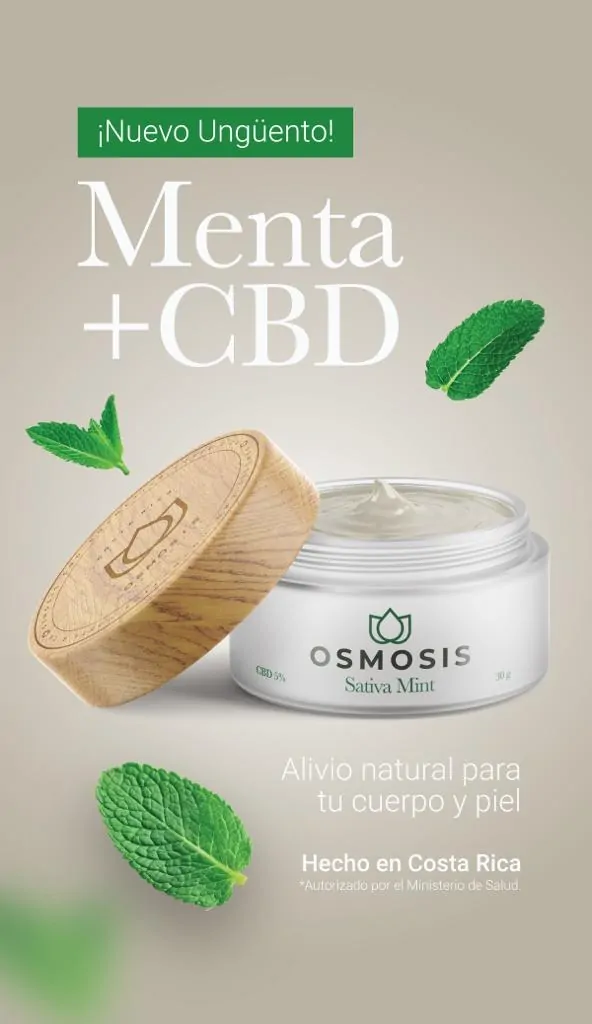The first time the Costa Rican Congress spoke about cannabis was in 2014 with a proposal from the Citizen Action Party (PAC). Eith years and two laws later, the current Congress gave approval to one of the most discussed projects of the last 10 years and President Carlos Alvarado stamped the signature this morning.
The Congress welcomed the proposals accompanied by the partial veto that President Alvarado made to the law previously approved by Congress on January 27. The law had a final vote of 35 votes in favor and 4 against.
In this way, the government managed to eliminate two items: 1) home cannabis-cultivation under state authorization and 2) The need for hemp cultivation to be licensed.
Government institutions allege concerns to maintain the health and safety parameters associated with these activities. However, in many cannabis laws in the world such figures have been authorized because it is part of the daily functioning of this matter.
This has been one of the most studied processes by the Congress. The project not only needed the sum of the internal votes, but also, was sent to the Constitutional Chamber for consultation. Subsequently, it was sent back to Congress, voted again for the president to partially veto it, and now, again, it is approved again.
“Costa Rica deserves this opportunity. The important thing is that this Legislative Assembly is going to give it importance. It is a project that marks a before and after in the quality of life of many people. It is a legacy that we are leaving,” said the deputy who presented this initiative Zoila Volio.
This morning during the signing of the project representatives of the executive and the president stressed their interest in generating new employment options, as well as products that give well-being to people.
“The law has two objectives, to expand the possibilities to benefit people’s health and the industrialization of hemp. We’re going to celebrate,” President Alvarado said.
More than 100 years of prohibition will come to an end
Government representatives have encouraged this initiative as an option to help farmers across the country.
“Through the incentive of commercialization and as well as the promotion of productive chains that benefit small farmers themselves. It responsibly regulates the raw material of these derivatives. More possibility of choice in the products that will give mainly and alternatively. It promotes the economic and social development of the industrialization of this raw material,” said the Executive Branch.
According to the law, 30% of licenses must be granted to local companies. State institutions shall be responsible for issuing regulations for cultivation licenses, product registration and other activities related to industry.
Read the details of the law: https://bit.ly/36LYo96





